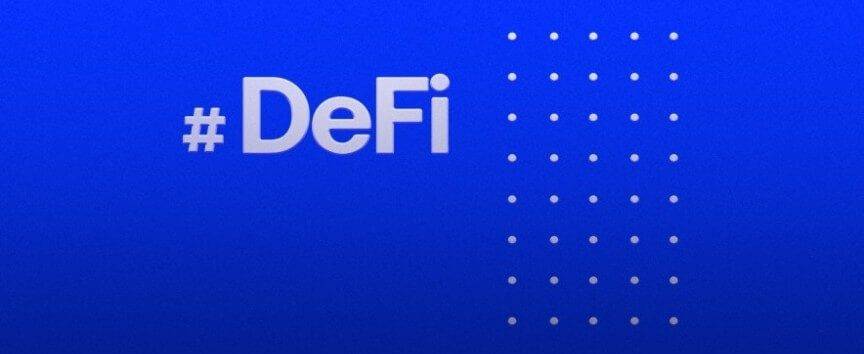Join Our Telegram channel to stay up to date on breaking news coverage
Aurachain, a self-described “only low-code development platform on the market for global businesses to create both digital process applications and blockchain-hosted smart contracts,” has revealed that the Romanian Government has been utilizing its aici.ro platform, according to a press release.
The release describes it as “developed exclusively on the Aurachain low-code platform and launched earlier this year, was specifically designed to help Government institutions rapidly and securely process high volumes of Job Retention Scheme claims,” the release notes.
This release continues, stating that “Aurachain is proud that, to date, aici.gov.ro has helped over 240,000 companies, registered sole traders, authorized Persons and those working on Copyright Contracts that have registered on the platform to access financial support from the Romanian Government, whereby 75% of the average gross salary is paid by the State.”
Essentially, governments can handle larger applications on the platform with fewer issues. “The solution achieves this 85% improvement in turnaround time by automating the entire claim and approval process and as part of that process, documents are scanned and digitally signed through an online signing service in order to deliver support to businesses quickly while minimizing face-to-face interactions between people to eliminate the chance of spreading the COVID-19 virus.
Join Our Telegram channel to stay up to date on breaking news coverage


